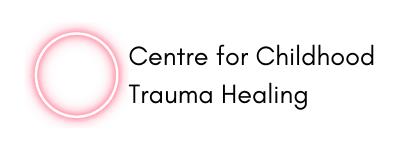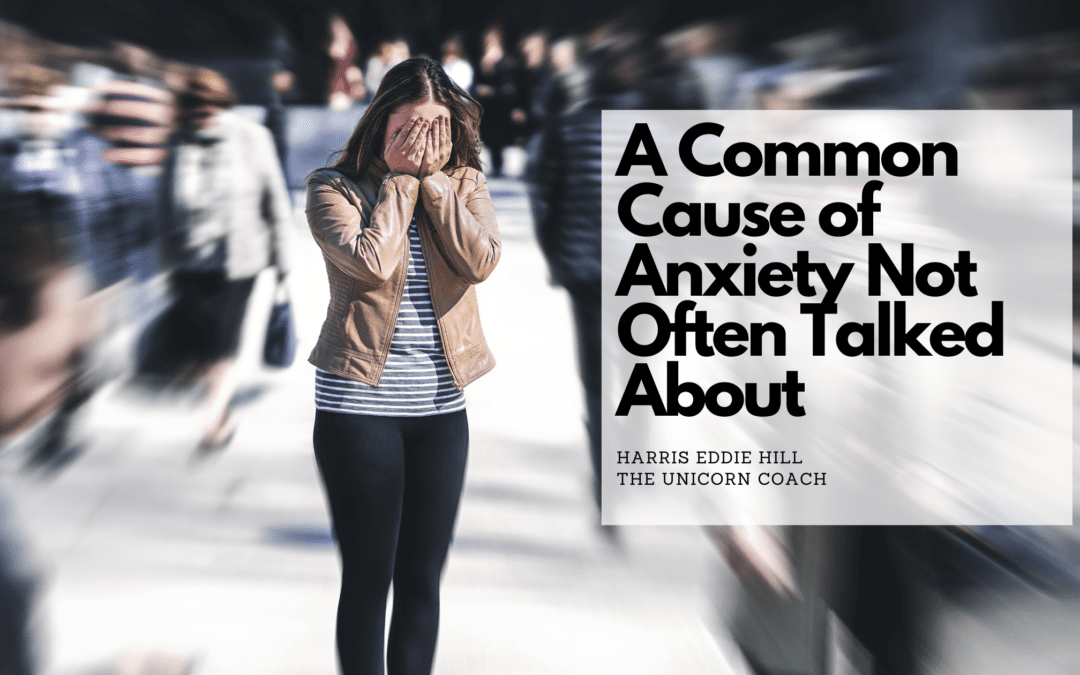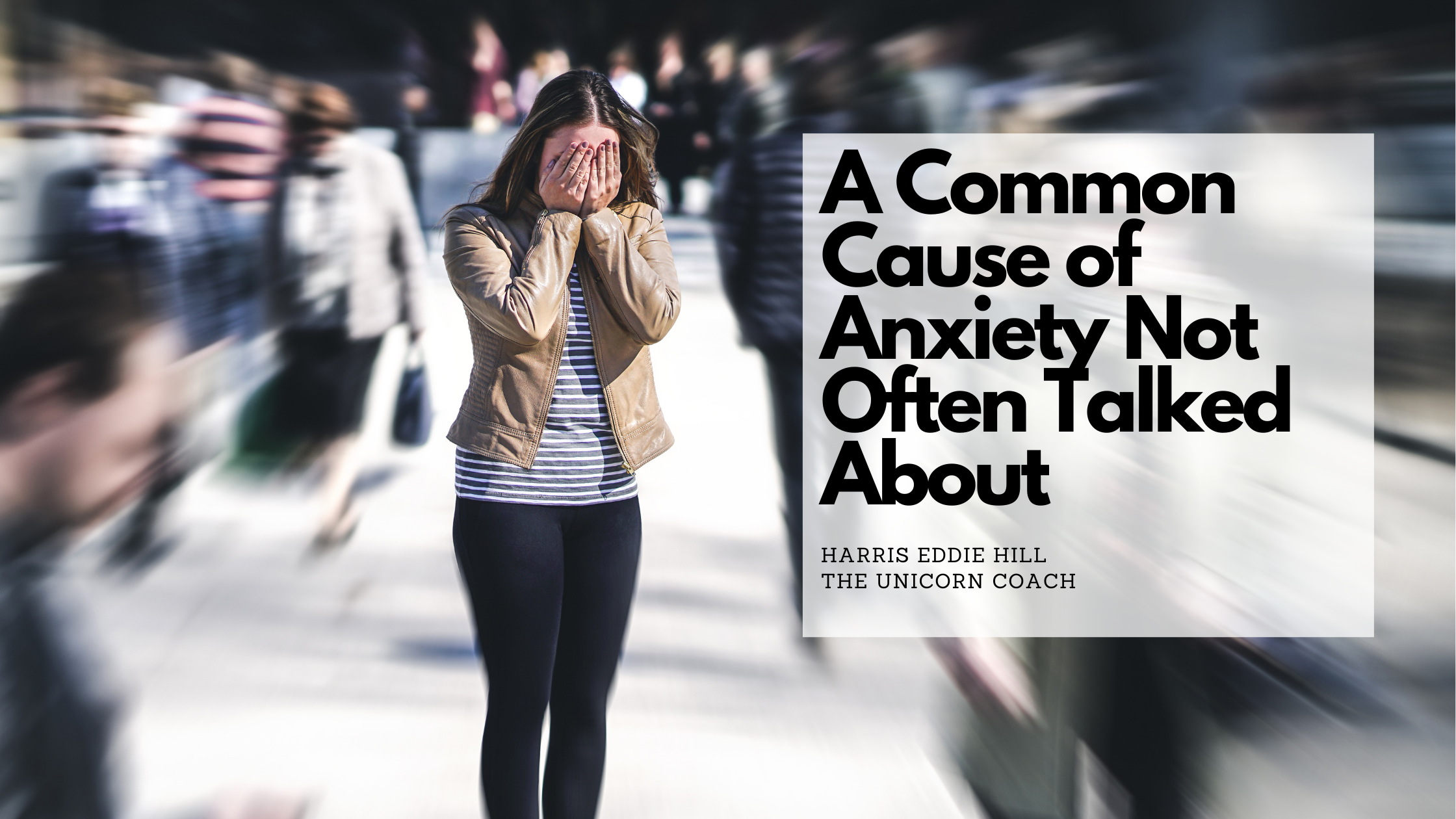Anxiety as an Adaptation
Firstly, I feel it’s important to mention that what we know about mental health conditions is changing and advancing all the time. In recent years the prognosis of borderline personality disorder has changed from ‘you have to live with and manage this condition forever’ to ‘this is a trauma spectrum disorder and there are effective treatments for trauma now’. I personally know someone who’s completely overcome borderline personality disorder and even wrote a brilliant book about their healing (Monsters Under My Bed: Overcoming Childhood Trauma by Jane Jackson).
Recent studies suggest (unsurprisingly to many of us) that anxiety and depression, and possibly other conditions, too, are often adaptations rather than disorders. This may seem like splitting hairs, but it’s highly significant in that our approach to a disorder and our approach to an adaptation can be extremely different. Disorders are often treated as something you need long-term help and management for. An adaptation is what our brain does in response to certain experiences, which suggests that there are ways we can change our brains again and regain at least some of our mental wellbeing.
This is extremely significant to me personally because I went through years of being let down by traditional mental health services, only to be spat out little better, or sometimes worse, than when I’d gone in. I’d developed PTSD at the age of nine after an unfortunate run-in with a dodgy adult. I didn’t say what had happened to me aloud for some years, but by the time I did mention it in my various sessions with different mental health practitioners, they had very little in the way of helpful response. One counsellor even got excited about the story and sat forward in her chair with a huge smile on her face asking me to ‘tell her everything’. Suffice to say I drifted in and out of these services for many years without nearly anyone even bothering to acknowledge my trauma, let alone suggest there was anything we could do about it.
This change in approach could mean the end to at least some of what was previously considered life-long suffering. If we begin to treat certain mental health conditions with the attitude that, with the right treatment, we can significantly improve someone’s mental wellbeing, this could cause long-term suffering to reduce significantly. I lived with PTSD for twenty years before I found myself a mental health practitioner who had both the traditional and alternative qualifications to actually help me. She was the first person to inform me that PTSD was treatable, and sure enough I was healed by the following year. I used to have panic attacks at the sight of certain news headlines, no matter how euphemistic, and had been that way for twenty years. And then it was suddenly gone.
My therapist’s attitude to healing was my first encounter with someone who knew this was possible, and it gave me my life back. Before seeing her, I must have been to 12 or more counsellors, psychologists, psychiatrists, doctors and group therapies. I had tried very hard to overcome my challenges, but didn’t seem to get anywhere for a long time. With retrospect I think it’s because I was seeking healing that entire time, but in places that didn’t acknowledge the kind of healing I was looking for even existed.
It’s important to add that whilst anxiety might often be an adaptation rather than a disorder (technically), it is still very much a long-term condition for many people, whichever label we use, and for many of us it really is an extremely difficult thing to live with. Especially if we don’t have access to effective therapies and healing or suitable living and working environments. But I do sincerely hope that it may give some people a little relief to consider that long-term healing is an option if we want it and are open to getting there, somehow.
A New Type of Anxiety
Having spent years in and out of the traditional mental health system, learning a lot about depression and anxiety, and also spending many years improving my health, diet, relationships and emotional wellbeing, by the time I’d got to my late twenties and my PTSD treatment, I’d not experienced physical anxiety in what felt like a lifetime. I’d have the odd depressive day in a year, but beyond that I felt like I’d settled into life as a relatively functional human being. I’d joined a boxing club and various other clubs and meetups, I had friendships I felt great about, a career that suited me, my lifestyle and my allergy to the alarm clock extremely well. I finally felt like everything was coming together and felt settled for the first time in my life.
The month before I turned 30, however, I developed what I’d thought at first was asthma. Then I realised it wasn’t my throat that was tight, it was that I didn’t feel my ribcage could expand. It took me weeks to realise I was anxious and not breathing properly. This was a kind of anxiety I’d never experienced before, and I didn’t know what to make of it. I found myself to be quite resentful of it. I mentioned it to a few people, but given that I’d been anxiety and depression free (pretty much) for some years, I didn’t take it particularly seriously.
That was the month I’d had my epiphany about my true purpose and what I would go on to do with my life. And as I was approaching my 30th birthday, I assumed I was just adjusting to change and did nothing to address this growing problem. This anxiety ebbed and flowed for several months, being waylaid somewhat by the charm of a new partner. But then I’d try to sleep next to them in the bed and just couldn’t. I’d wake up in the morning with sore eyes and the feeling of being hungover when I hadn’t had any alcohol. I used to be able to sleep for 9+ hours and didn’t even wake up during the Buncefield Explosion!
What was going on?
This particular brand of anxiety felt like the kind of adrenaline rush you’d expect when falling out of a plane. And yet I’d be sat in my parked car or on my sofa with nothing exciting having happened. Some people suggested things like no screens at night, blue light filters, more sunlight and all of these other logical suggestions, but this feeling was nagging me to the point of feeling like I was losing it, some days. Despite the fact that my life had finally come together and I had some kind of stability, I felt like I was being psychologically tortured on a daily basis. And given the fact that most things I’d learnt about anxiety had been through the NHS, it had never occurred to me that the cause was lying outside of their traditional framework.
This anxiety popped up fairly regularly throughout the next three and a half years, sometimes the feeling being so strong I thought my head or chest might explode, Alien-style. After two years of it I’d finally gone to my GP on return from my travels, who tried me on anxiety meds. It helped a bit, but later that year another GP put me on something else that at the very least helped me to get my sleep back. And yet this nagging feeling would just not leave me. ‘How much more therapy could I possibly need!?’ I used to shout aloud to myself.
And then, just towards the end of my second round of trauma treatment (this time for complex PTSD), my practitioner invited me to have a session connecting with my inner child. Inner child work is widely used and extremely important for healing long-term issues, especially where there’s a history of neglect, bullying or abuse. What came out of this connection absolutely blew me away. This younger aspect of myself was positively vibrating with concerns, yelling, not feeling heard, and feeling insecure because I was not being the adult they needed me to be. I felt incredibly guilty that I’d spent so long working week to week, or so much time on practical things; I hadn’t given any thought to my creativity, play, or fun. I was also failing to step up to the plate and take complete ownership of everything in my life, and failing to step into my power.
That first session with my inner child, I just kept asking them to trust me and that things would get better; that we’d soon have a new space we were happy in, that our financial situation would be better, and yet I could feel from them such a huge reluctance and distrust, and I couldn’t work out why. I wept for how distressed they were and how unable I felt to help them.
I was open to the answer, though. And I was determined to get out of this negative spiral I kept finding myself in. Within a matter of days two things happened. Firstly, I got a short sharp kick in the soul in the form of a message I needed to hear, ‘if you’re not taking massive, aligned action, your manifestation is not coming’. Secondly, I was reminded by my current coach that my magic is in expressing myself, detachment, and commitment. As I sat with all of these concepts for the next few hours, something in me awakened, and I could feel my inner child grinning from ear to ear. I began to get LOADS of intuitions, ideas about blogs (including this one), messages I should send to certain people, and a whole host of other things. I felt the most alive, energised, and non-anxious I’d felt in almost two years.
My anxiety was gone.
Was it just me?
Within days of coming to these realisations, I then started to hear from friends and clients that they were experiencing some uncharacteristic anxiety, when they hadn’t been bothered by it for a long time. I began to ask them, ‘when’s the last time you were creative, or had fun?’ Without fail every single one of them couldn’t remember. I then asked them, ‘imagine now going out to a park, painting, or just playing around. How do you feel?’ I wanted to test my theory! Every single one of them were instantly cheered at the thought and their anxiety dissipated. I then told them about my own conversations with my inner child and they told me how much my own story was resonating with them.
One client, though, was making time for creativity, play and peace, yet was still highly, highly anxious. Which indicated to me something bigger. ‘I feel like my feet haven’t touched the ground in years’. I invited them to connect with their inner child and asked them what their inner child was saying. ‘We’re not safe at home,’ came the response.
‘What have you allowed to happen to you and your inner child by not addressing this situation?’ I asked. We talked it through, and began to re-establish their sense of power, choice, and ability to change the things that weren’t working for them. Afterwards I asked them, ‘how does your inner child feel, now?’
‘Much calmer and they feel heard. I feel like we’re in harmony now. I don’t feel anxious anymore.’
Anxiety can take many different forms and present very differently in each person. It can also be caused by a myriad of different things. As someone who’s benefited from anxiety medication, I feel it’s also essential to mention that if medication gives you the breathing space you need, then don’t feel ashamed by that; it doesn’t make your journey any less significant or respectable. For me, medication has helped me to weather the very long road through my second round of trauma therapy, and the wait before I was able to be seen. And being able to get nine hours of sleep every night has given me so much more bandwidth to tackle everything.
I want to share the message that anxiety doesn’t necessarily have to be something you live with forever if you want to change it. I want to be able to give you the tools and information you need in order to make the progress you want to make. I’ve often heard that having information alone doesn’t change a life, but I think that when you’re hungry for better and you know better exists, then lives really can change in the most spectacular of ways. I’ve seen it happen in my own life and in others’ lives time and time again, so I know there are more possibilities for you than you’ll ever be able to imagine!
The next time you’re feeling anxious, I invite you to meditate or even just sit still with your eyes closed, go within, and see if this anxiety is coming from an old wound, an unhelpful belief you’re holding, or does your inner child have something to say? A connection to our inner child is essential to our wellbeing, whether we consciously nurture that part of ourselves or not, our inner child can hold a wealth of wisdom about your feelings, historical blocks, and a lot of other things. Only through connecting with and learning to nurture mine have I come to understand how incredibly important and extremely valuable this part of us is.
And, how loud it will scream if you’re not listening!


